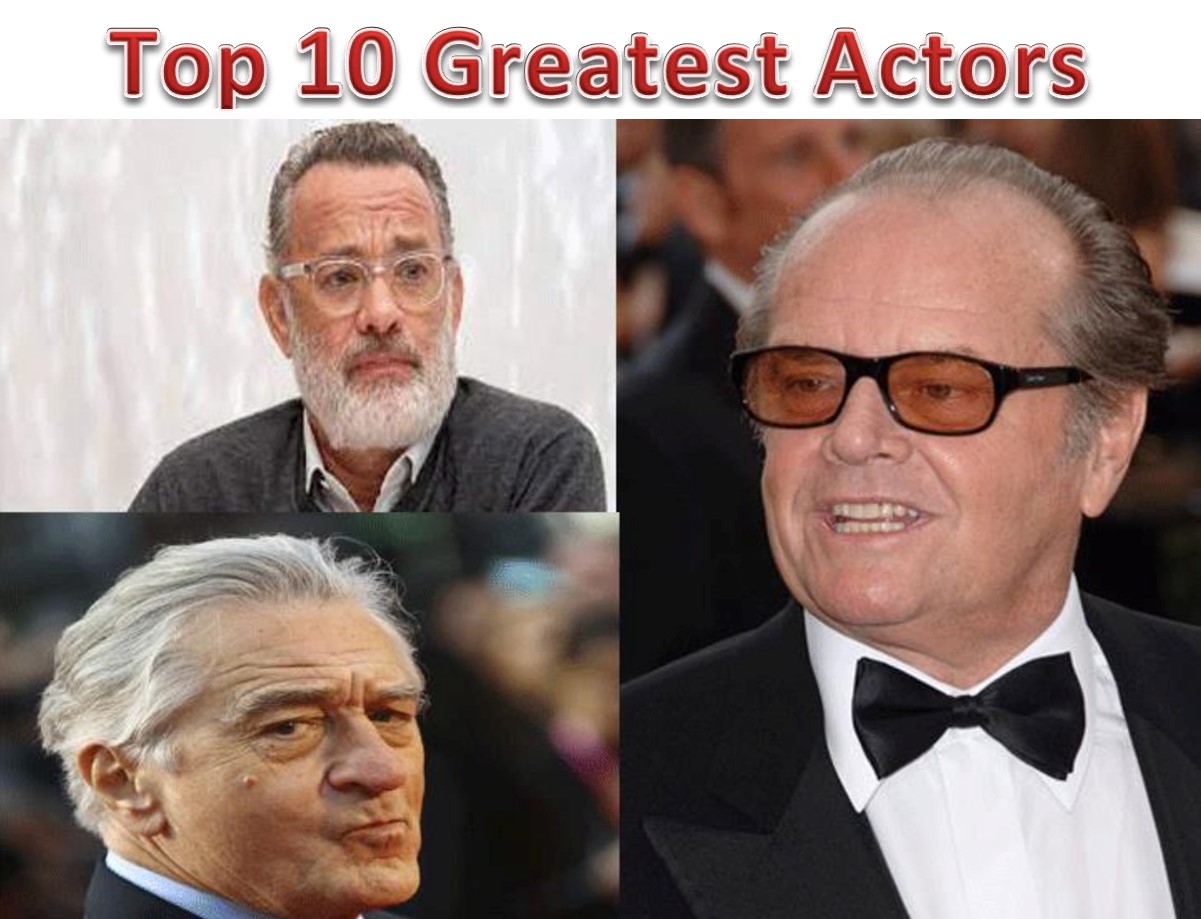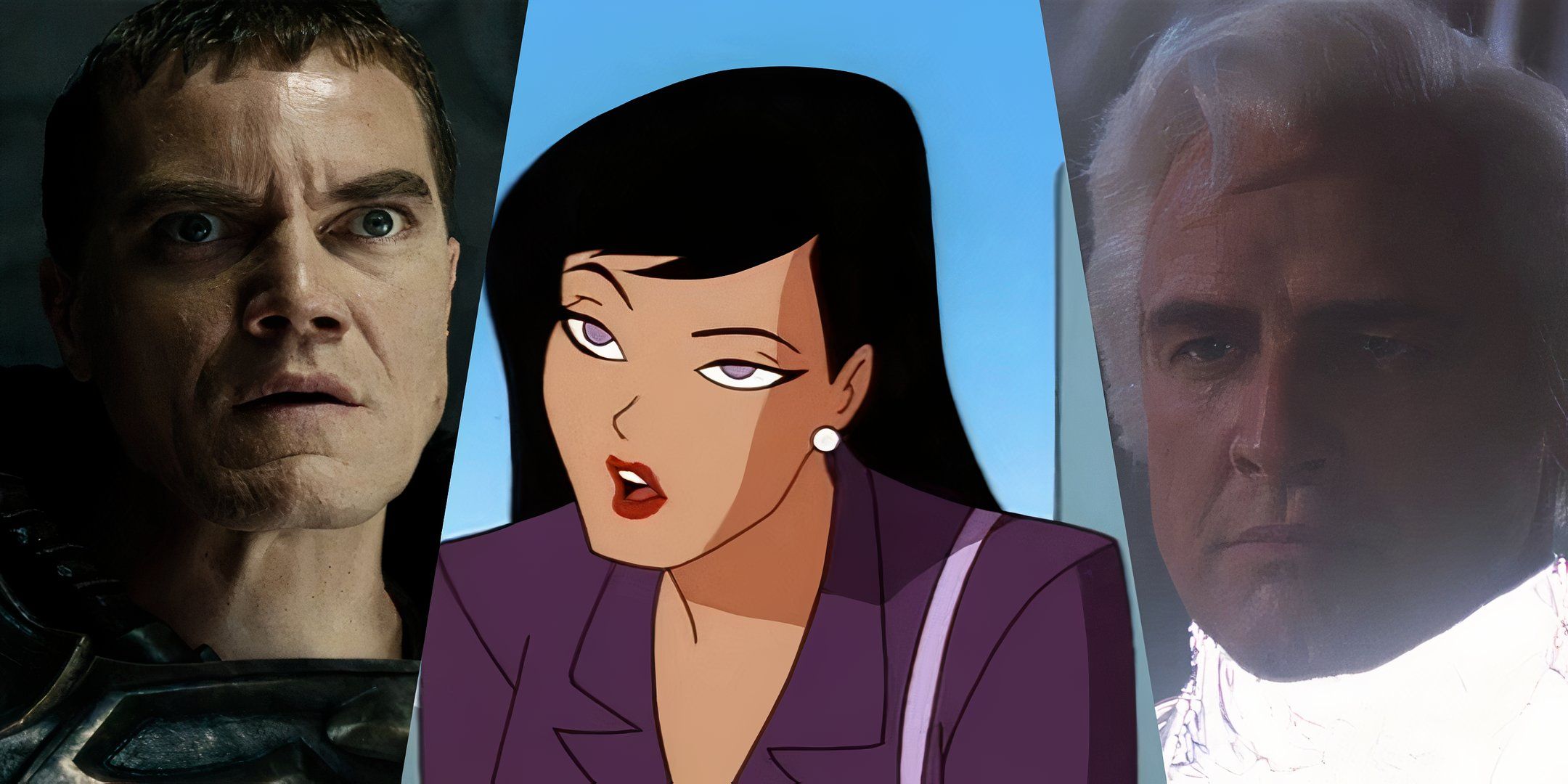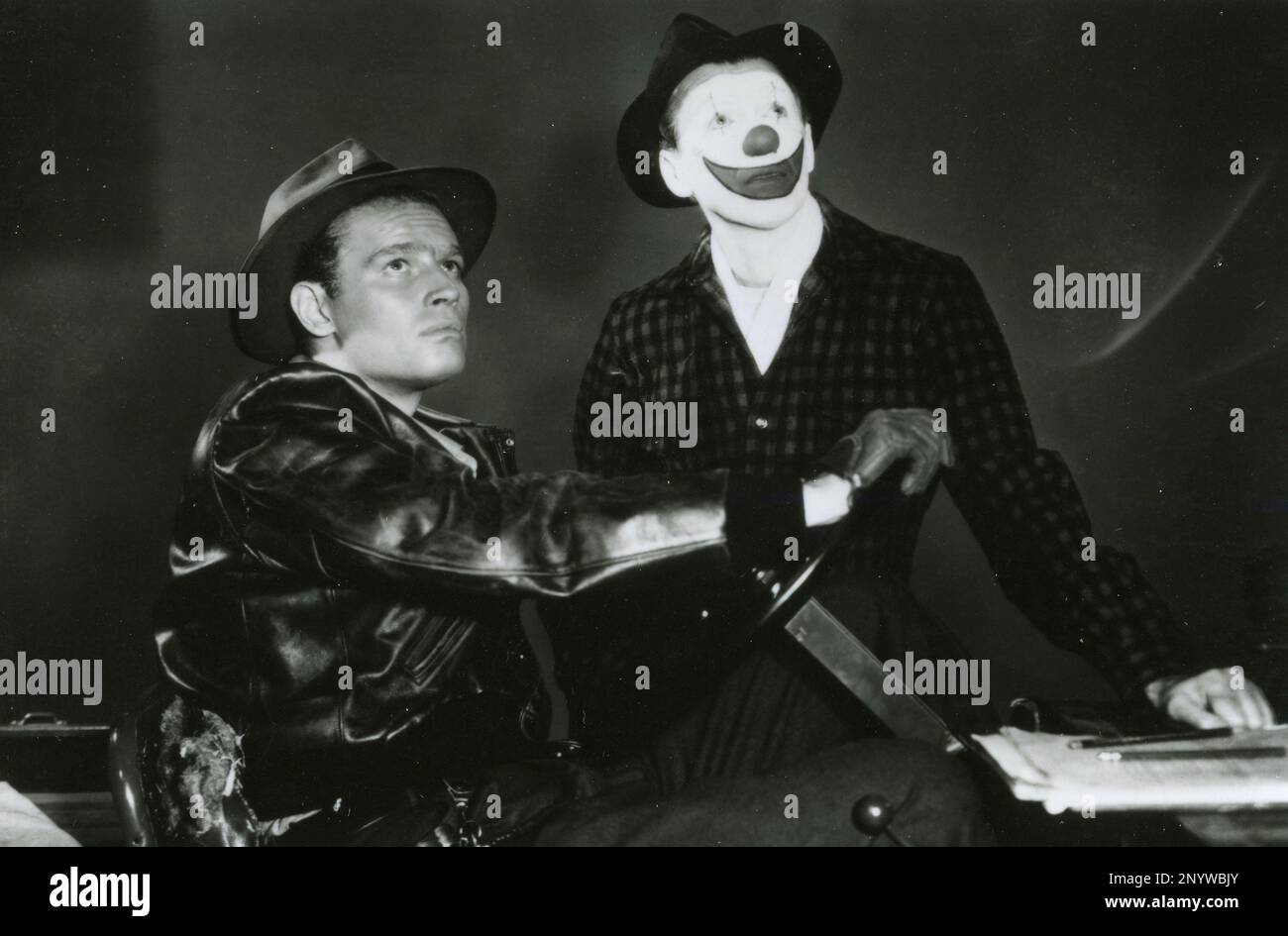The Greatest Show Actors
The Greatest Show Actors - Defining Excellence
When we think about the very best individuals who bring stories to life on stage or screen, we often use words like "greatest." What does it really mean for someone to be considered among the foremost, the main, or the predominant performers? It is, you know, a way of describing something that stands out, something that is quite large in its impact or reach, much like how a vast geographical area might hold a significant number of people. We're talking about that sense of being truly first in class, or perhaps just big in presence, the kind of presence that really makes a difference to an audience.
This idea of being "greatest" isn't just about personal feeling; it involves a sort of measurement, a way of looking at what makes a performance truly stand out from others. It's about how a performer's work might be seen as having a notably large scope, affecting a wide range of viewers, or maybe even creating a deep impression on a concentrated group. Think about it, how do we really gauge that kind of impact? It's almost like trying to count the daily occurrences of something significant in a busy place, where each new instance adds to the overall picture of what is happening.
So, as we consider what makes certain individuals the greatest show actors, we're essentially exploring the qualities that elevate their work to a position of being highest or primary. It's about understanding the core elements that give their performances a dominant feel, making them truly memorable. This exploration, you see, moves beyond simple admiration and tries to get at the very essence of what makes a performance resonate with so many people, much like how different parts of a community, with their various ages and backgrounds, each contribute to the larger narrative of a place.
- Movie Spoiler Alert
- Tickets For New Years Eve Ball Drop
- Malcolm Jamal Warner
- Comedian Dave Chappelle
- Lds David Archuleta
Table of Contents
- What Makes a Performance Truly Grand?
- How Do We Measure the Impact of the Greatest Show Actors?
- Are There Different Kinds of Greatness Among the Greatest Show Actors?
- Considering the Reach of the Greatest Show Actors
- What is the "Greatest" in a Show?
- The Core Qualities of the Greatest Show Actors
- The Least and the Most Significant Among the Greatest Show Actors
- Understanding the "Greatest" Function for the Greatest Show Actors
What Makes a Performance Truly Grand?
When we talk about a performance being truly grand, we're often thinking about its size, its extent, or the way it just feels very, very big in its presence. It's not just about the length of a show or the number of people on stage, but rather the overall impression it leaves. This sense of grandeur, in a way, comes from a performer's ability to fill a space, to command attention, and to leave a lasting impression on everyone watching. It's like how the population density of a particular area, say, Santa Clara County in California, can tell a story about how many lives are concentrated there, each one adding to the overall picture of the place. The sheer volume of life, or in this case, artistic expression, contributes to that feeling of something being truly important.
A grand performance, it could be said, often possesses a quality that makes it stand out as the main attraction, something foremost in our minds. It captures our focus, making everything else seem, well, less important for a time. This isn't just about being loud or flashy; it’s about a deep, pervasive quality that makes the work feel primary. Think about how a new development might change the landscape of a town, becoming a central point of interest. The performance itself becomes a kind of central point for our experience, drawing us in with its power and presence. That, honestly, is a mark of something truly grand.
The feeling of something being truly great also comes from its ability to be seen as the highest example of its kind. It sets a standard, in some respects, for others to look up to. This isn't just about being popular, but about a quality that makes it feel like the best, the most significant. When a performer achieves this, their work tends to be remembered and talked about for a long time. It’s like a benchmark, a point of reference for what excellent performance can be. You know, it really shapes our expectations for what we want to see next, and that's a pretty strong indication of its impact.
- Kourtney Kardashian Gets Married
- Good Movies To Stream
- Pictures Of Little Big Town
- Jerry Stiller Movies And Tv Shows
- House Of Versailles
How Do We Measure the Impact of the Greatest Show Actors?
Measuring the impact of the greatest show actors can feel a bit like trying to track the flow of information in a busy place. We might look at how many people are affected by their work, or how widely their performances are seen and discussed. It's not always a simple count, but rather an understanding of the reach and influence. For instance, following new occurrences found each day, like the number of people experiencing a particular event, gives us a sense of its daily spread. Similarly, we can consider how many new people are touched by a performance each day, or how many conversations it sparks, which gives us a sense of its ongoing effect.
Sometimes, the impact might be very concentrated, even if the overall numbers aren't huge. Think about a situation where a particular rate, like a low occurrence in a specific area such as Santa Clara County, is still quite meaningful within that smaller group. The impact of a performer might be incredibly deep for a select audience, even if it doesn't reach millions. This kind of influence is still very important, even if it appears to be on a smaller scale. It's about the quality of the connection, in a way, not just the quantity of people reached, which really matters for true greatness.
We might also consider the duration of a performer's influence. How long does their work continue to resonate with people? Some performances leave a lasting mark for years, even decades. This is somewhat like looking at how long people might wait for something important, like the average time recipients spent on waiting lists for subsidized housing. The longer people are willing to engage with or anticipate a performer's work, the more enduring its impact seems to be. This persistence, you see, is a strong indicator of a performer's ability to create something truly significant, something that stays with us over time.
Are There Different Kinds of Greatness Among the Greatest Show Actors?
Yes, it appears there can be different kinds of greatness among the greatest show actors, much like how various aspects of a community's data tell different parts of its story. Some performers might be seen as "greatest" because of their sheer popularity, reaching a vast number of people, almost like the total count of housing units in a large county. Their work is widely available and touches many lives, making them a dominant force in terms of public recognition. This kind of greatness is about broad appeal and widespread presence, affecting a really large portion of the audience.
On the other hand, some performers might achieve greatness through their depth of artistry, even if their work is not as widely known. Their impact might be more profound for a smaller, perhaps more discerning, group. This is a bit like considering how a certain percentage of housing units might be unoccupied but still available to rent; there's a potential for reach, even if it's not fully realized at every moment. Their greatness lies in the quality of their craft, the nuance of their performances, and the lasting impression they leave on those who truly appreciate their unique contributions to the art form. That, you know, is a very different kind of impact.
Then there are those whose greatness comes from their transformative power, their ability to change how we think about performance itself. They might introduce new ways of telling stories or embodying characters, pushing the boundaries of what is possible. This could be compared to how certain data visualizations are unique to a specific county, offering a fresh perspective on familiar information. These performers don't just entertain; they innovate, leaving an indelible mark on the art and inspiring others to explore new horizons. Their greatness, you see, is about pioneering and shaping the future of their craft, which is a really big deal.
Considering the Reach of the Greatest Show Actors
When we consider the reach of the greatest show actors, we're talking about how far and wide their performances extend, much like how the flow of information about new cases and deaths is updated as frequently as possible for a place like Clark County, Nevada. It's about the continuous spread of their work and its effect on people. The more often their performances are seen or discussed, the more their reach grows, touching a broader audience. This constant updating, in a way, reflects the ongoing presence and influence that truly great performers maintain over time, keeping their work relevant and accessible to many.
The reach of a performer can also be thought of in terms of the various groups of people their work touches. Just as the ages and races within a population tell a story about a community, the diverse audiences that connect with a performer's work highlight their broad appeal. A performer who can resonate with many different kinds of people, regardless of their background, demonstrates a truly expansive reach. This ability to connect across different groups is a strong sign of their universal appeal, making their work accessible and meaningful to a very wide range of viewers, which is quite something.
Sometimes, the true reach of a performer isn't immediately obvious; it might be something that grows over time, like a trend that increases steadily. The idea that something has grown by a significant percentage over a number of years, like the increase in waiting list times for subsidized housing, suggests a growing demand or impact. Similarly, a performer's influence might expand over a period, perhaps gaining new admirers years after a performance first occurred. This long-term growth in reach indicates a lasting quality to their work, proving its ability to stand the test of time and continue to gather new appreciation.
What is the "Greatest" in a Show?
The "greatest" in a show, quite simply, refers to what is notably large in its effect, its scope, or its overall impact on the audience. It's about the elements that stand out as primary, as the most significant parts of the experience. This could be a particular scene, a specific line, or a performer's entire portrayal that just feels very, very big in its presence. It's the part that you remember, the part that leaves a lasting impression, making the show feel complete and powerful. That, you know, is the core of what makes something truly great within a performance.
When we use the word "greatest" to describe a show, we're often pointing to what is considered the highest point of the production, the moment or element that truly shines. It's the part that is foremost in our minds when we think back on the experience. This isn't just about being good; it's about being exceptional, dominant even, in its ability to capture attention and evoke a strong response. It's like finding the main idea in a complex story; it's the central piece that holds everything together and gives it meaning. This focal point, you see, is what truly elevates a show.
The "greatest" part of a show also often represents what is considered the first in quality or significance. It sets a benchmark for excellence within that particular performance, making it stand apart from other parts. This could be an actor's portrayal that feels utterly unique, or a creative choice that changes how you view the entire production. It's about that moment or element that makes you say, "Wow, that was really something." This sense of being truly first-rate, in a way, is what makes a show memorable and distinguishes it from others. It's the part that truly resonates, and that's a big deal.
The Core Qualities of the Greatest Show Actors
The core qualities of the greatest show actors often include their ability to embody what is considered highest in performance skill. They possess a level of artistry that places them at the top, making their work appear dominant and primary. This isn't just about natural talent; it's also about a deep understanding of their craft and a dedication to bringing characters to life in a way that feels utterly real and compelling. Their work, you see, stands out as a clear example of excellence, something that others might look to as a standard, which is quite something.
Another key quality is their capacity to make their presence feel very large in extent, or notably big. This isn't just about physical size, but about the sheer force of their performance that fills the stage or screen. They command attention, drawing the audience into their world with ease. It's like a powerful force that just pulls you in, making it hard to look away. This strong presence, in a way, ensures that their performances are not easily forgotten, leaving a lasting impression on everyone who experiences them. That, honestly, is a mark of true stage power.
Furthermore, the greatest show actors often demonstrate an ability to be foremost in their field, setting trends or inspiring new approaches to acting. They are the ones who push boundaries and redefine what is possible in performance. This pioneering spirit makes them not just good, but truly influential, shaping the landscape of their art. They are, in a sense, the ones who lead the way, showing others new paths to explore. Their work, you know, becomes a reference point for future generations of performers, which is a very important contribution to the art.
The Least and the Most Significant Among the Greatest Show Actors
When we consider the greatest show actors, it's also worth thinking about what distinguishes the "least" from the "most" significant among them, even if all are considered great. The "least" significant, in this context, might refer to those whose impact is perhaps minor or negligible when compared to the truly towering figures, even if their work is still of a high standard. They might not have the same widespread recognition or long-term influence, but their contributions are still valuable in their own way. It's like finding a small, but well-kept, housing unit in a large county; it serves its purpose, but might not be the biggest or most prominent. Their work, you know, still adds to the overall picture of performance.
Conversely, the "most" significant among the greatest show actors are those whose work is undeniably highest, primary, and truly dominant. Their performances are often seen as benchmarks, setting the standard for what is possible. They leave an indelible mark on audiences and the art form itself, becoming figures that are consistently referenced and celebrated. This level of impact is very, very large in its extent, affecting countless people and shaping the direction of performance for years to come. Their work, you see, is truly at the forefront, something that stands out as a major achievement.
The distinction between the "least" and "most" significant isn't always about quality, but often about reach and lasting resonance. A performer might be incredibly talented but not achieve the same level of broad recognition as another. This is somewhat like how certain data might have a lower rate of occurrence in one area compared to another, but still be meaningful within its specific context. The "most" significant performers are the ones whose work transcends time and place, becoming truly universal in its appeal and impact. Their influence, it could be said, is far-reaching and continues to grow, leaving a legacy that is truly big.
Understanding the "Greatest" Function for the Greatest Show Actors
To really understand what makes the greatest show actors, we can think about it in terms of a "greatest function," much like a technical operation that takes various inputs and identifies the largest or most significant among them. For a performer, this "function" would involve looking at all the different aspects of their work – their skill, their presence, their emotional depth, their unique interpretations – and then determining which of these qualities, or perhaps their combination, makes them stand out as the highest. It’s a way of evaluating what makes them truly dominant in their field, which is quite an interesting thought.
This "greatest function" for actors, you know, would consider each expression of their talent as a distinct argument. Each choice they make on stage or screen, every gesture, every line delivery, every subtle emotion conveyed, could be seen as a variable or a constant in this evaluation. It’s about how these individual elements contribute to
- How Did Raygun Qualify For The Olympics
- Jerry Stiller Movies And Tv Shows
- Marcus Freeman Height
- How Old Is Wayne Newton
- Fred Trump

Top 10 Greatest Actors - WiseLancer

10 Best Superman Movie & TV Show Actors (Who Didn't Play Superman)

American actors Charlton Heston and James Stewart in the movie The